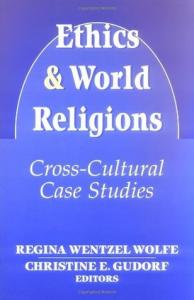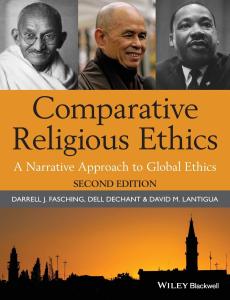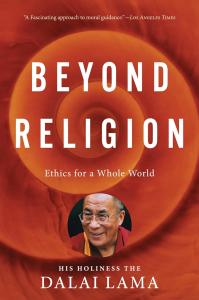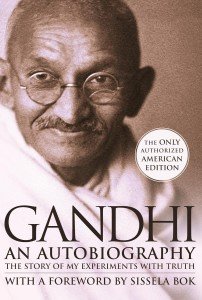Exploring the Ethical Traditions of the World:
A Review of Moral Traditions by Mari Rapela Heidt
In today's globalized world, it is crucial to understand the diverse cultural and religious perspectives on ethics. Mari Rapela Heidt's book Moral Traditions: An Introduction to World Religious Ethics explores the ethical traditions of major world religions. Published in 2010 by Anselm Academic, this book is a valuable resource for anyone seeking to understand different cultures' moral beliefs and practices.
Moral Traditions provides a theoretical framework for understanding religious ethics, including discussions on the nature of ethics, the role of religion in ethical systems, and the concept of moral reasoning. It delves into the ethical traditions of six major world religions - Hinduism, Buddhism, Judaism, Christianity, Islam, and Confucianism. Finally, it explores contemporary issues such as social justice, human rights, and environmental ethics from a religious perspective.
The book is written in a clear and accessible language, making it suitable for scholars and general readers. Heidt's writing style is engaging, and she presents complex ideas that are well-organized and easy to understand. Each chapter ends with discussion questions and further reading suggestions, making it an excellent resource for classroom use.
One of the most significant strengths of this book is its comprehensive coverage of different religious traditions. Heidt provides a nuanced understanding of each religion's ethical teachings, including their historical development, key beliefs, and ethical practices. She also highlights the diversity within each tradition, acknowledging that no single set of moral values or practices can represent an entire religion.
Moreover, Heidt's approach to religious ethics is balanced and inclusive. She acknowledges that religious ethics are not static and have evolved over time, influenced by various factors such as cultural norms and historical events. She also acknowledges the role of reason and critical thinking in ethical decision-making rather than solely relying on religious texts or authorities.
Heidt addresses contemporary ethical issues through a religious lens. She provides a thought-provoking discussion on topics such as social justice, gender equality, and environmental ethics. By exploring these issues from a religious perspective, Heidt highlights the relevance of religious teachings in addressing modern-day moral challenges.
One of the most significant contributions of this book is its emphasis on the interconnectedness of ethical issues. Heidt argues that ethical problems cannot be viewed in isolation but must be understood in the context of the larger society and its values. She also highlights the importance of dialogue and cooperation among different religious and cultural groups in addressing these issues.
Moral Traditions: An Introduction to World Religious Ethics is for anyone interested in gaining a deeper understanding of religious ethics. Heidt's comprehensive exploration of different religious traditions and her thought-provoking discussion on contemporary issues make this book a valuable resource. It challenges readers to think critically about ethical issues and encourages them to view them from a global perspective. I recommend this book to students, scholars, and anyone seeking to broaden their understanding of the diverse ethical traditions of the world.






